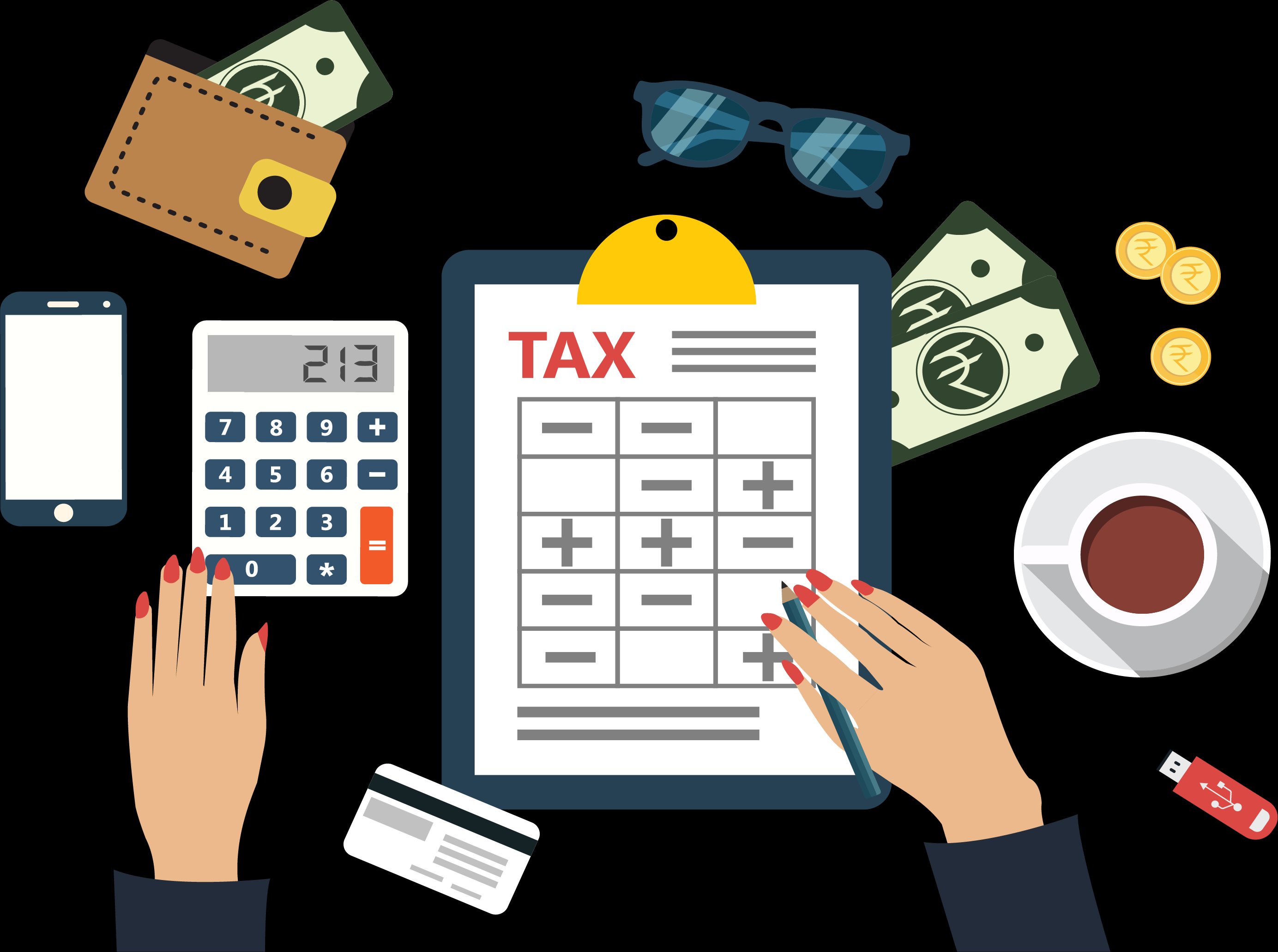The Interim Budget 2019 would have cheered you with its newly introduced tax reforms. Taxpayers are now relieved with the government’s approval for a full tax rebate on income up to Rs. 5 Lakh. The revised tax rebate will be introduced for the new financial year, starting in April 2019. However, this tax reform may, or may not affect your tax saving investment. This is because depending on the tax slab you fall in you could receive tax rebates.

For annual income up to Rs. 5 Lakh
The newly introduced tax rebate is applicable if your income is Rs. 5 Lakh or below. Here, you will get an income tax exemption for your total CTC [Cost To Company]. Therefore, your income tax payable will be zero. Formerly, the applicable income tax exemption limit was Rs. 2.5 lakh for citizens below 60 years, and Rs. 3 Lakh for senior citizens. Therefore, if your income was between Rs. 2.5 Lakh to Rs. 5 Lakh, your applicable income tax was 5%.
From your aforementioned taxable income, you could save additional Rs.1.5 Lakh by investing in tax saving schemes, like ELSS funds [Equity Linked Saving Scheme], Public Provident Fund [PPF], Fixed Deposits [FDs] and National Savings Certificate [NSC].
In addition, you not only receive a deduction under Section 80C, but insurance purchase under Section 80D can also be considered as part of your tax-free income. With this, you now have zero income tax liability if your income is below Rs.5 Lakh.
Therefore, you may not need to invest this year to save taxes. However, for those with pre-existing ELSS mutual funds SIP [Systematic Investment Plan], it is advisable to continue with it. If you have integrated your tax saving goals with other financial goals, you can continue with your investments. Since ELSS is not only a tax saver mutual fund, but also a high return mutual fund you can receive excellent long-term returns by staying invested.
For annual income more than Rs.5 Lakh
For income up to Rs.6.5 Lakh, you can still get the benefit of 100% income tax exemption, if you invest up to Rs.1.5 Lakh in tax saving investments.
Here’s an example – For instance, your annual income is Rs.6.45 Lakh. The tax rebate is applicable on income up to Rs.5 Lakh. Therefore, if you invest the differential amount [Rs.6.45 Lakh – Rs.6.45 Lakh = Rs.1.45 Lakh] in any of the prescribed tax saving schemes, you will be exempted from paying income tax.
However, if your income is between Rs.6.5 Lakh and Rs.10 Lakh, your applicable tax rate will be 20%. Similarly, for income above Rs.10 Lakh, the applicable income tax rate would be 30%. If your income is above Rs.6.5 Lakh, your tax-free income would be Rs.2.5 Lakh. This slab has not been changed, as per the Interim Budget 2019. Therefore, if you fall under this tax slab, your tax saving investment will not be affected. You can invest in ELSS, PPF, FD or NSC to save additional income up to Rs. 1.5 Lakh.
If your annual income is above Rs.6.5 Lakh, your tax saving investment will not be affected. However, you have the opportunity to save taxes along with fulfilling your financial goals, in ELSS. ELSS can give you handsome returns, over and above inflation, in the long-run. It also has the lowest lock-in period, as compared to other tax saving instruments. Therefore, for those seeking to benefit from the new tax reforms, investing in high return ELSS can be advantageous while saving taxes. This would ensure that inflation doesn’t push you away from achieving your long-term financial goals.

